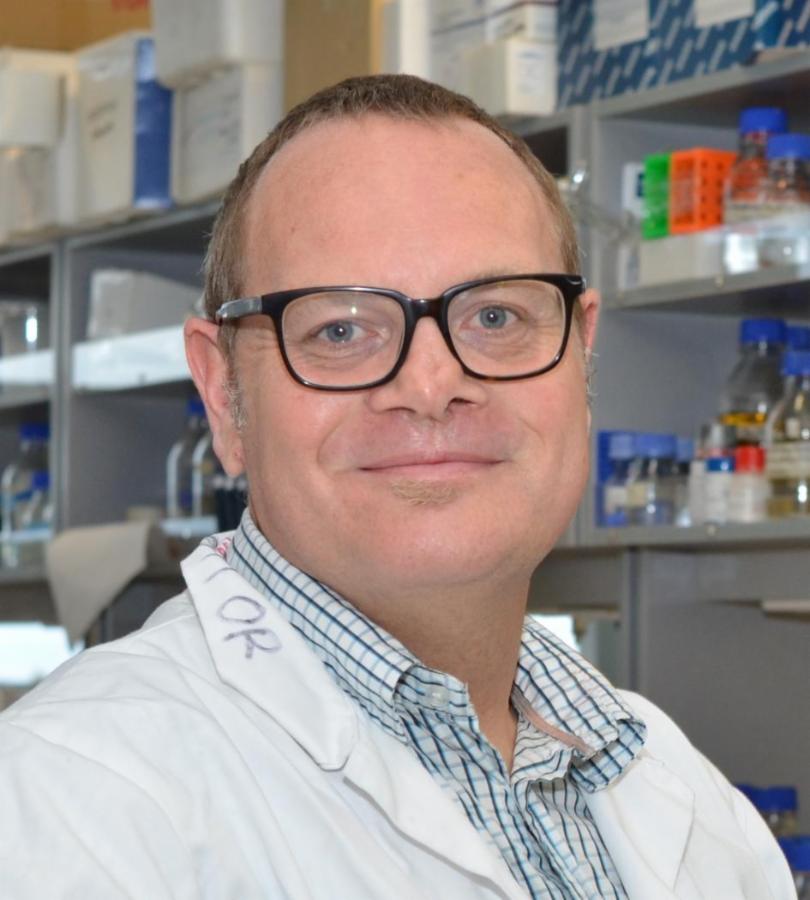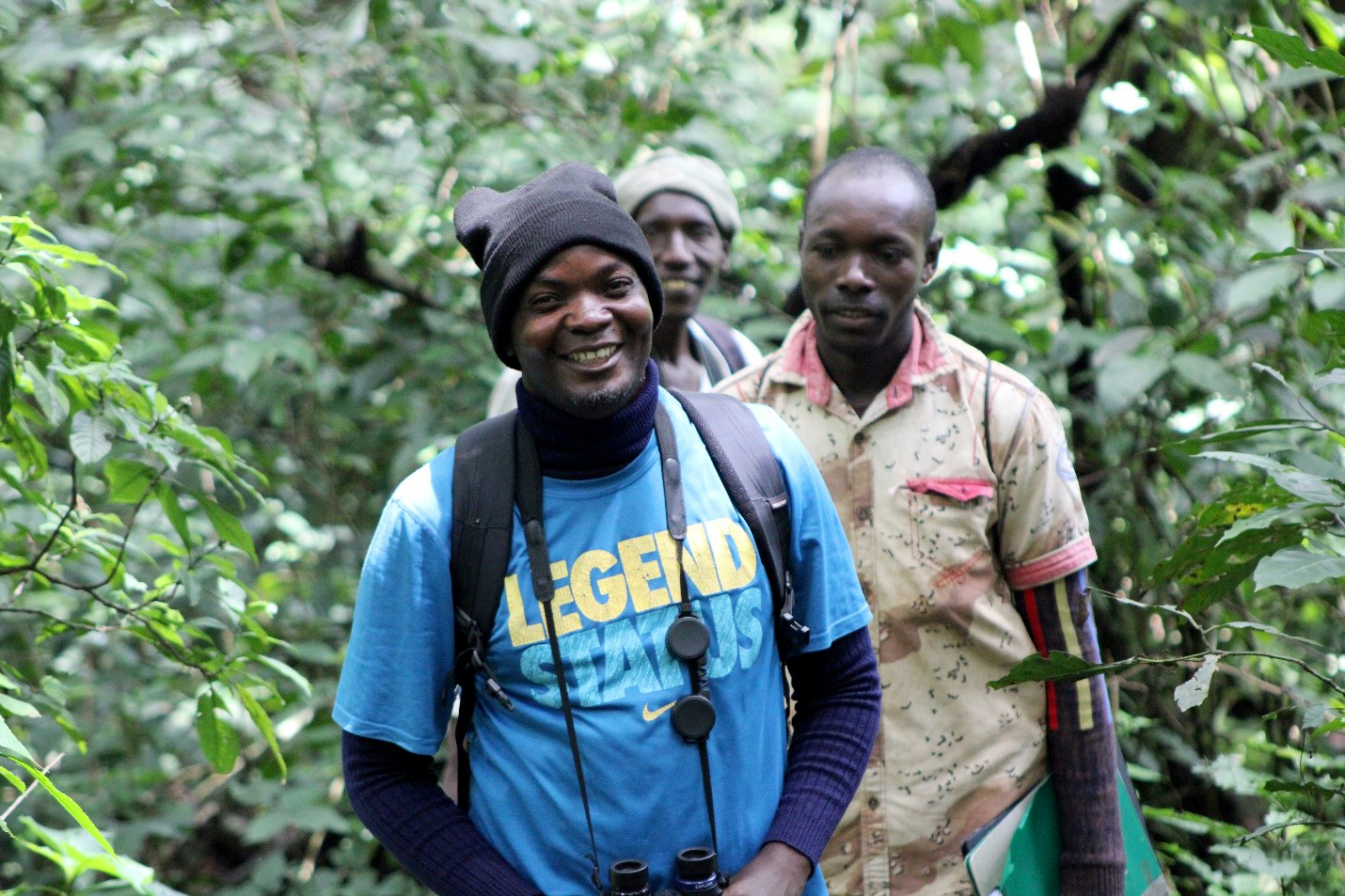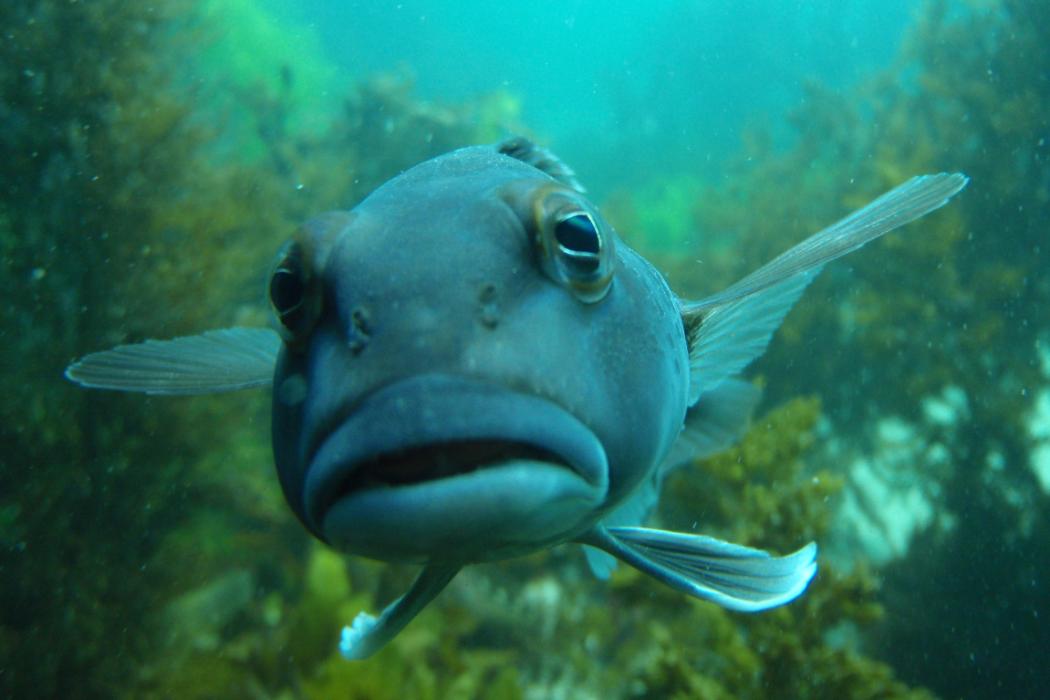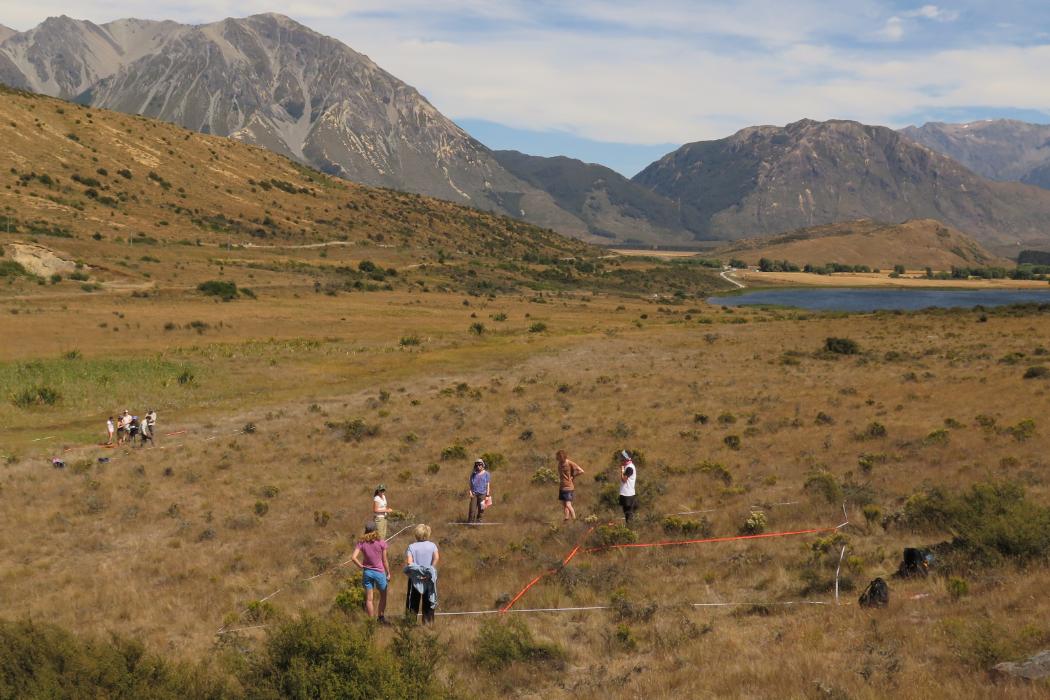Research into biological growth, regulation, and activity explores how living organisms develop, function, and respond to their environments at the molecular, cellular, and organismal levels. This area of study is central to understanding life processes and has wide-reaching applications in health, agriculture, and biotechnology.
Much of this research is supported by the Biomolecular Interaction Centre (BIC), a multidisciplinary hub where scientists investigate how proteins, genes, and other molecules interact to control growth and activity in cells. These interactions are crucial for processes like cell division, tissue development, and metabolic regulation.
Researchers also study how external factors like temperature, light, and nutrients influence biological activity. This includes work on how plants regulate growth in response to environmental stress, and how animals adjust their physiology to survive in changing conditions. Such insights are vital for improving crop resilience and understanding climate change impacts on ecosystems.
In the field of biotechnology, UC scientists apply their knowledge of biological regulation to develop new tools and products, such as bio-based materials and medical diagnostics. This research supports sustainable innovation and contributes to New Zealand’s growing bioeconomy.
By combining molecular biology, physiology, and systems science, UC’s research into biological growth and regulation helps unravel the complex mechanisms that sustain life. It also prepares students and researchers to tackle global challenges in health, food security, and environmental sustainability.
Our staff have extensive local and international connections and welcome contact from potential students and collaborators.
Examples of our research include:
- Metabolic processes and muscle cell development
- Signal transduction in plants
- How environmental signals regulate growth, recovery and reproductive transitions
- How plant-based biomaterials and culture conditions influence the growth, metabolic activity, and differentiation of mammalian cells for cultivated meat applications
- Development of atherosclerotic plaque in the artery wall of human stroke patients
- Developing methods for killing pathogenic bacteria by inhibiting membrane transporters
- How mutations cause disease
- How do dysregulated biomolecular condensates impact diseases such as cancer?
- Analysis of cell interactions with artery tissue to understand disease pathology






















